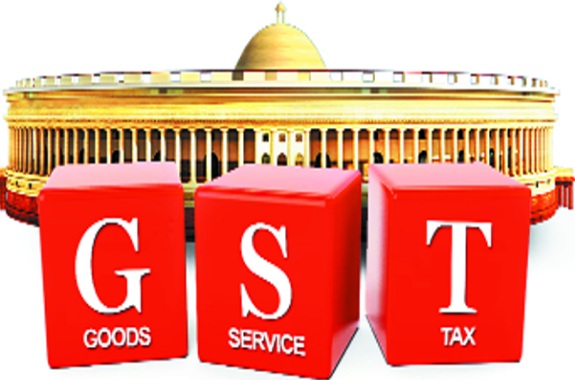
The impending implementation of GST would undoubtedly impact one’s personal finances especially when it comes to financial services, albeit marginally. From the present rate of 15%, the GST on banking, insurance and investments such as real estate, mutual funds will see a hike of 3% as the GST will now be 18% on them.
Let’s see how each of them gets impacted.
GST and Insurance
Primarily, there are three major kinds of life insurance products – Term insurance plans, Ulips and Endowments (including money back). The applicability of service tax (in the current format) on their premium is not similar in all three of them.
The premium paid in life insurance policies represents two portions – risk coverage and savings. The service tax is only on the risk portion of the premium and not on savings portion.
As per the GST rules, the value of services (on which GST is to be imposed) in relation to life insurance business shall be:
a) The gross premium reduced by the amount allocated for investment, or savings on behalf of the policy holder.
(b) In case of single premium annuity policies, ten per cent of single premium charged from the policy holder.
(c) In all other cases, 25 per cent of the premium in the first year and 12.5 cent of the premium in subsequent years.
So, if the premium of an endowment plan is Rs 100, the GST of 18% will be applicable on the 25% of the
premium i.e. on Rs 25, so, Rs 4.5 will be the GST amount.
(d) If the entire premium paid by the policy holder is only towards the risk cover in life insurance such as in term insurance plans, the GST of 18% will be on the entire premium.
Therefore, the immediate impact of GST would be the higher outgo (premium plus GST) in term and endowment plans, due to the increase in rate of tax on insurance following implementation of the GST. In theory, this could mean an increase of 3% in premium from the existing applicable premium effective from 1st July 2017, across life, health and general insurance, however, some of this should be offset if tax on services availed by the industry are allowed to be taken into account to decrease insurers' tax paid," says Mathieu Verillaud, Chief Financial Officer, Bharti AXA General Insurance.
The policyholders may stand to benefit only if the insurance companies are allowed the benefit of input tax credit. "This unfortunately is not clear as of yet given the complexity of the state/centre structure of GST, this might drive some confusion as well as higher compliance and administrative costs for insurers. If these are not passed on to customers, prices might either go up, or stay low but will affect the market's solvency and financial health," says Verillaud.